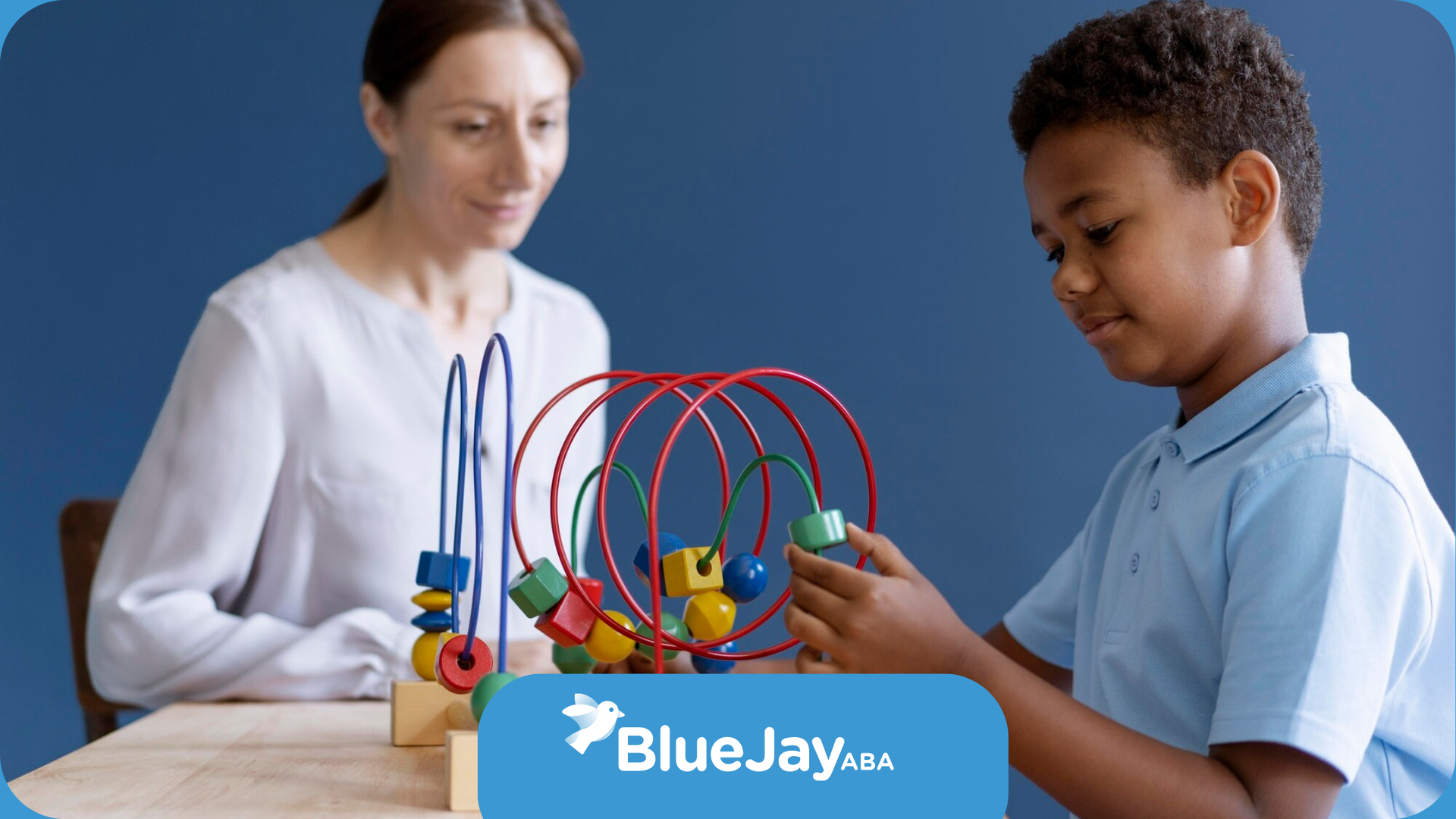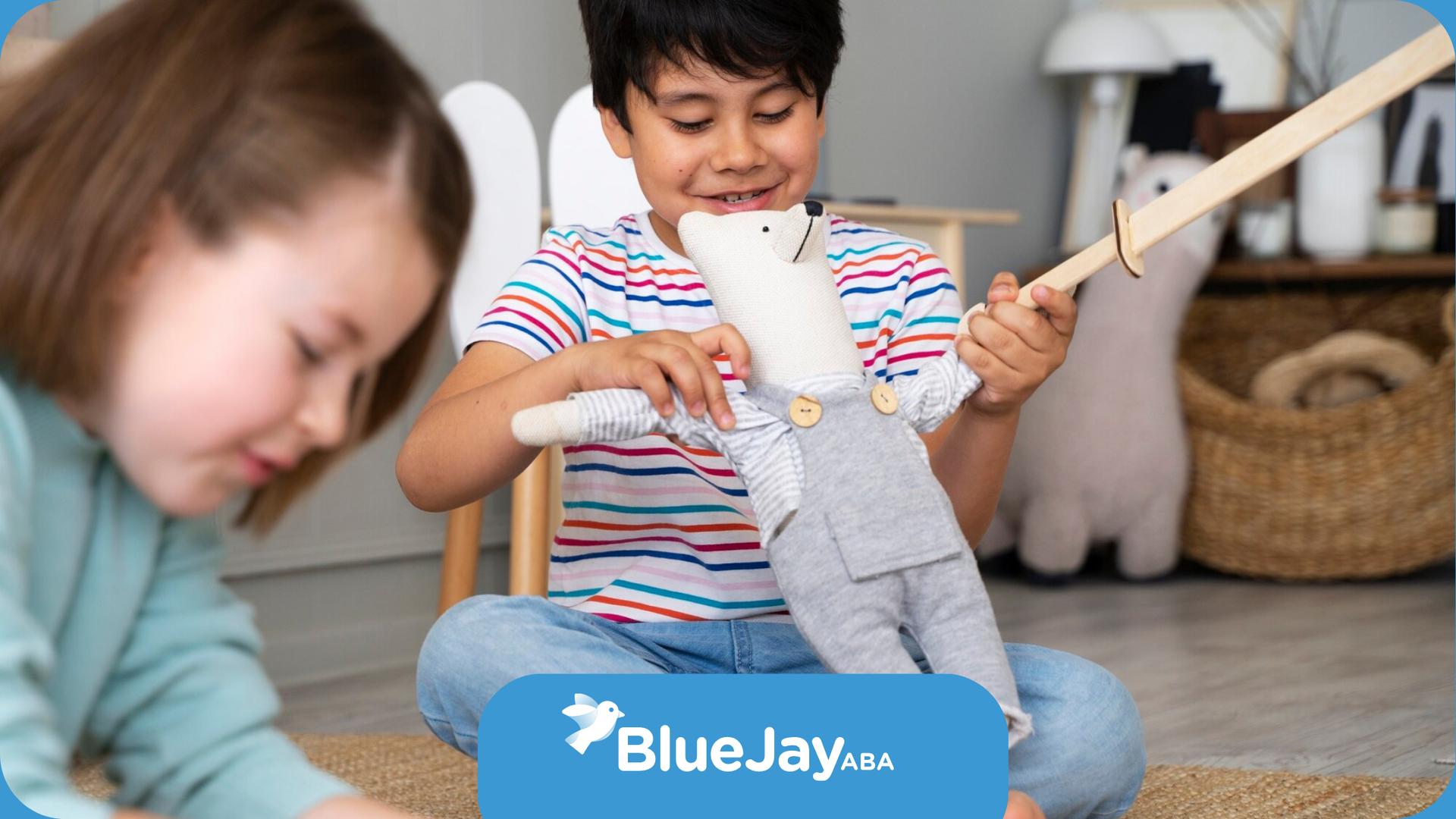Shaping Moments: Creative Adult Autism Activities and Games to Enjoy
Social Skills Activities
Importance of Social Skills for Adults
Social skills are vital for adults with autism as they aid in essential areas such as communication, interaction, emotional regulation, and self-regulation. These skills facilitate the building of friendships, success in various activities, and effective navigation of the world.
Here are some key benefits of developing social skills:
- Building Relationships: Enhanced ability to form and maintain personal relationships.
- Professional Success: Improved workplace interactions and professional growth.
- Increased Independence: Better capability to handle social situations independently.
- Overall Well-being: Significant improvement in mental and emotional health.
Teaching Social Interaction Skills
Teaching social interaction skills to adults with autism involves a range of activities and methods to enhance their ability to read social cues, engage in conversations, share interests, and understand others' perspectives. These activities are critical for forming relationships, achieving success in professional settings, and broad participation in community activities.
Effective methods for teaching social interaction include:
- Personalized Teaching Stories: Using stories tailored to the individual's experiences to illustrate social scenarios.
- Visual Aids: Leveraging pictures, diagrams, and charts to make social interactions more predictable.
- Social Therapy Games: Engaging in role-playing games to practice social skills in a controlled environment.
- Clear Communication: Being specific with questions and instructions, avoiding abstract language, and using visuals to aid understanding.
For more ideas, you can check out our article on games for autistic adults.
Case Study: Social Skills Improvement Through Physical Activity
Recent studies indicate that physical activity interventions can significantly increase physical activity levels, well-being, social interactions, and emotional regulation among autistic individuals. There is a notable potential for reduced distress and imitative behaviors through regular physical engagement.
| Outcome | Benefits |
|---|---|
| Physical Activity | Increased physical exercise |
| Well-being | Improved mental health |
| Social Interactions | Enhanced social engagement |
| Emotional Regulation | Better emotion management |
| Distress Behavior | Reduced distress behaviors |
Exploring various cognitive games for autistic adults and group games for autistic adults can complement these strategies, providing a holistic approach to social skills development.
Emotional Regulation Activities
Emotional regulation activities are essential for adults with autism, aiding them in identifying, understanding, and managing their emotions effectively. Such activities are crucial for tackling daily challenges, reducing stress, and improving overall well-being.
Significance of Emotional Regulation
Emotional regulation plays a significant role in the lives of autistic adults, providing numerous benefits:
- Stress Reduction: By helping individuals manage their emotions, these activities can minimize feelings of being overwhelmed, reducing stress levels significantly.
- Improved Social Interactions: Understanding and controlling emotions contribute to better social interactions, making it easier for autistic adults to connect with others.
- Enhanced Mental Health: Effective emotional regulation can lead to decreased symptoms of depression, anxiety, and other mental health conditions commonly found in autistic individuals.
Effective Emotional Management Techniques
There are several activities and techniques that can help autistic adults regulate their emotions:
1. Physical Activity
Engaging in physical activities can greatly benefit emotional well-being. Exercise improves symptoms of depression, anxiety, insomnia, and stress, making it particularly useful for autistic adults who may be at higher risk for these conditions. Some possible activities include:
- Walking
- Yoga
- Dancing
- Swimming
2. Sensory Bottles
Sensory bottles filled with colorful beads, glitter, or water offer visual and tactile stimulation. These bottles can serve as a calming and mesmerizing activity, helping regulate emotions, reduce stress, and provide a sense of control.
3. Deep Touch Pressure Stimulation
This technique includes using weighted blankets, compression clothing, and massage therapy. Deep touch pressure stimulation has been found to decrease anxiety levels significantly in autistic individuals.
4. Mindfulness and Meditation
Mindfulness exercises and meditation can help autistic adults in recognizing and managing their emotions more effectively. Techniques such as deep breathing, guided imagery, and progressive muscle relaxation can be particularly beneficial.
Using these emotional regulation activities and techniques, autistic adults can find ways to manage their emotions better and lead more fulfilling lives.
Role-Playing Games (RPGs)
Role-playing games (RPGs) are an excellent tool for enhancing social skills among autistic adults. By immersing participants in imaginative scenarios that mimic real-world interactions, RPGs create a safe and structured environment for practicing social interactions.
Utilizing RPGs for Social Skills
RPGs provide a unique platform for social skills development, especially for those with autism. These games allow individuals to step into different roles, experience various social situations, and practice appropriate social behaviors. Role-playing assists in interpreting social cues, empathizing with others, and responding appropriately in social scenarios.
In structured RPG settings, participants can benefit from personalized teaching stories, visual aids, and social therapy games. These tools make interactions more predictable and provide effective strategies for social skill building. Utilizing RPGs can bridge the gap between theoretical knowledge of social interaction and practical application.
| Social Skill | RPG Implementation |
|---|---|
| Interpreting Social Cues | Scenario-based interactions |
| Empathy | Role-playing various characters |
| Appropriate Responses | Safe practice environment |
Benefits of Role-Playing in Autism
The benefits of role-playing for autistic adults extend beyond social skill enhancement. The PEERS program at UCLA, a 16-week-long initiative, underscores the effectiveness of structured social skill training programs, including elements such as dating tips. This model highlights the potential of RPGs in providing a comprehensive framework for social skill development.
- Safe Environment: RPGs offer a controlled setting where mistakes are part of the learning process.
- Generalization: Skills learned in RPGs can be transferred to real-world settings.
- Increased Confidence: Regular practice boosts self-esteem and reduces social anxiety.
- Collaboration: Many RPGs require teamwork, fostering cooperation and communication.
| Benefit | Description |
|---|---|
| Safe Environment | Controlled setting for learning |
| Generalization | Transfer of skills to real-world scenarios |
| Increased Confidence | Boosts self-esteem and reduces anxiety |
| Collaboration | Promotes teamwork and communication |
By incorporating RPGs into social skills training, autistic adults can develop valuable interpersonal skills in an engaging and supportive manner.
Conclusion
Building social skills is a lifelong journey, and with the right activities and support, autistic adults can enhance their communication, emotional regulation, and overall well-being. Whether through role-playing, digital games, or sensory-friendly approaches, these strategies foster confidence and meaningful interactions.
At Blue Jay ABA, we’re here to provide tailored support for social skill development—contact us today to learn more about how our ABA services can help!
Resources:
- https://pmc.ncbi.nlm.nih.gov/articles/PMC8992823/
- https://www.mywellnesshub.in/blog/sensory-activities-adults-autism/
- https://pmc.ncbi.nlm.nih.gov/articles/PMC10796767/
- https://sciences.ugresearch.ucla.edu/peers/
- https://pmc.ncbi.nlm.nih.gov/articles/PMC9813515
Related Posts








